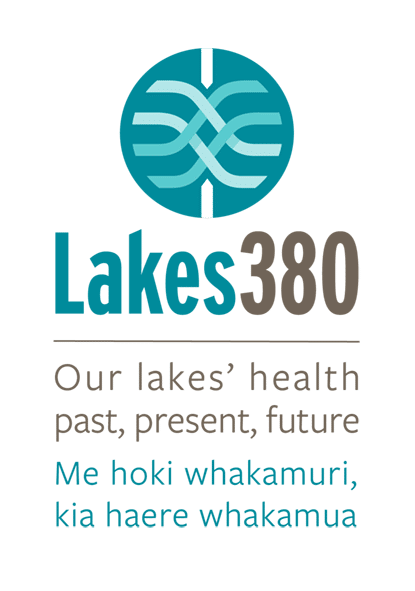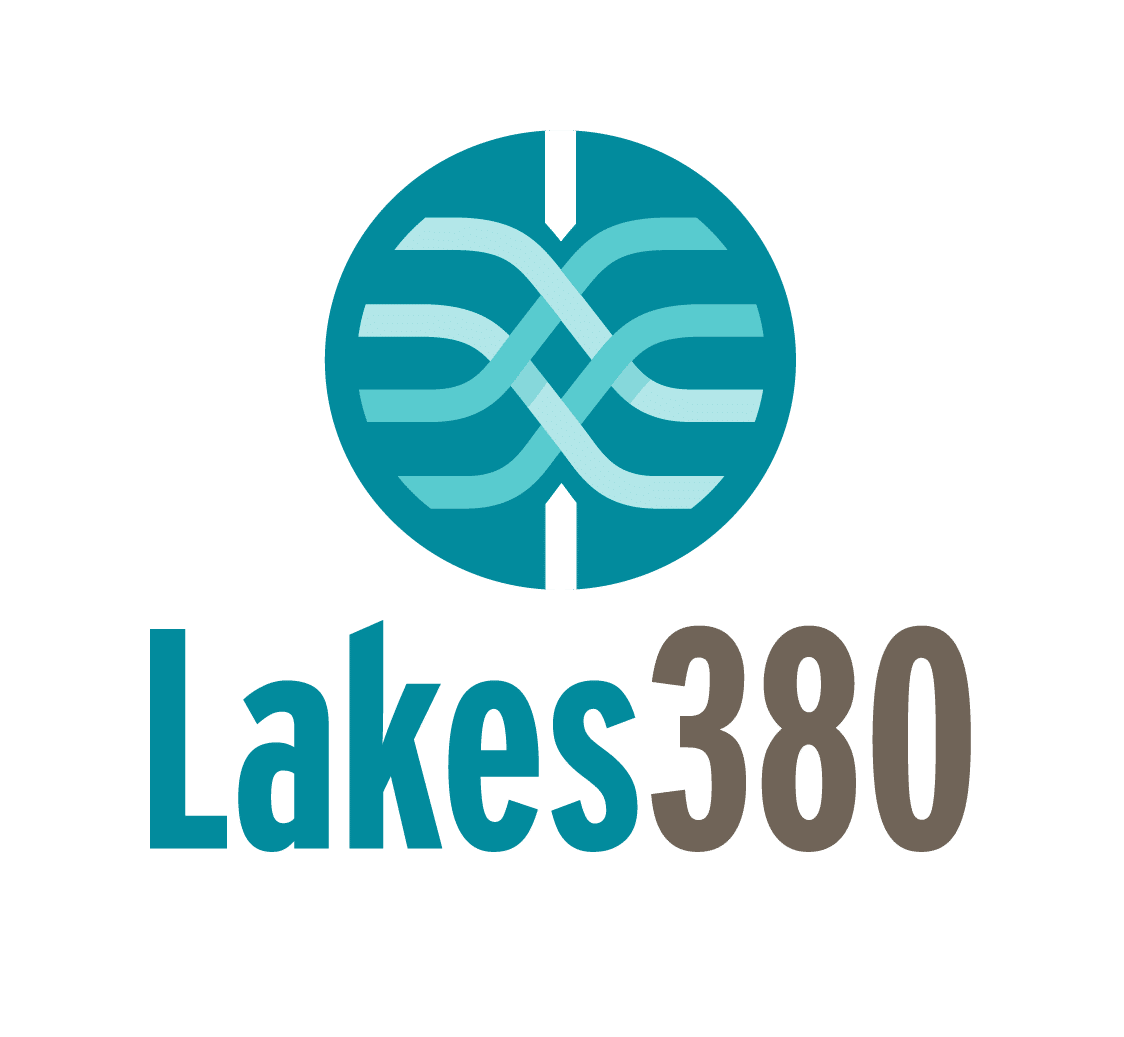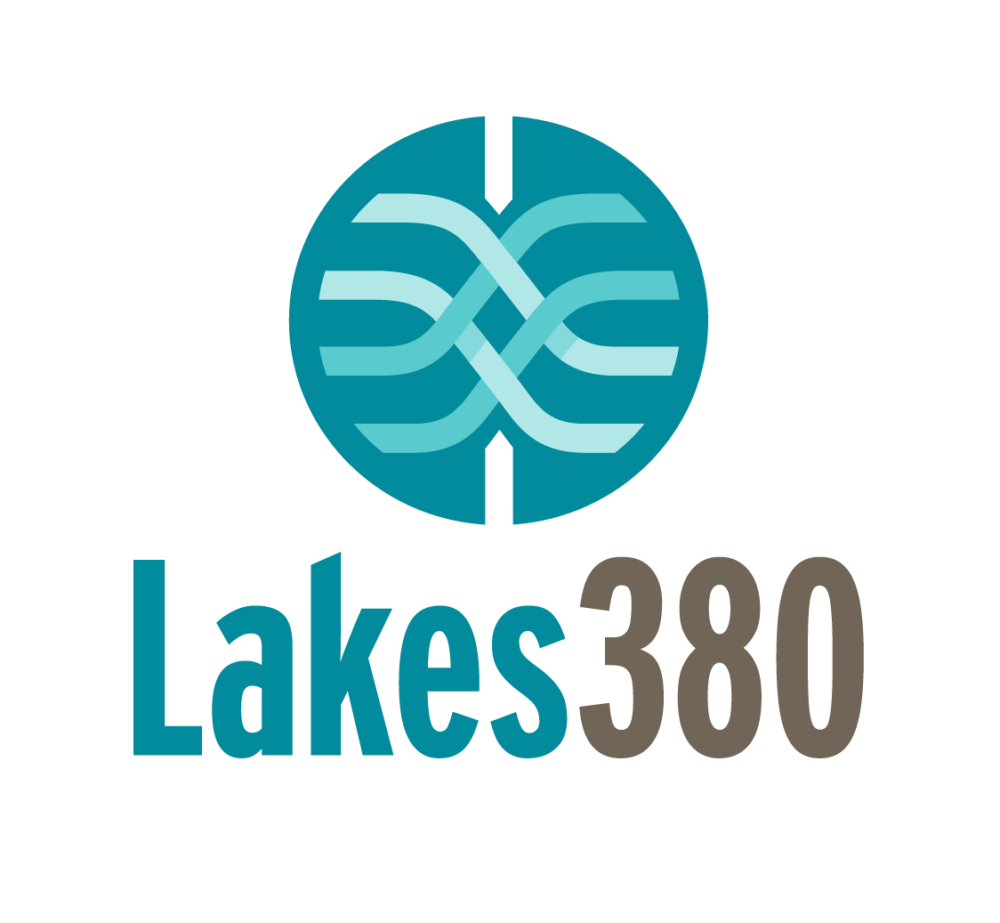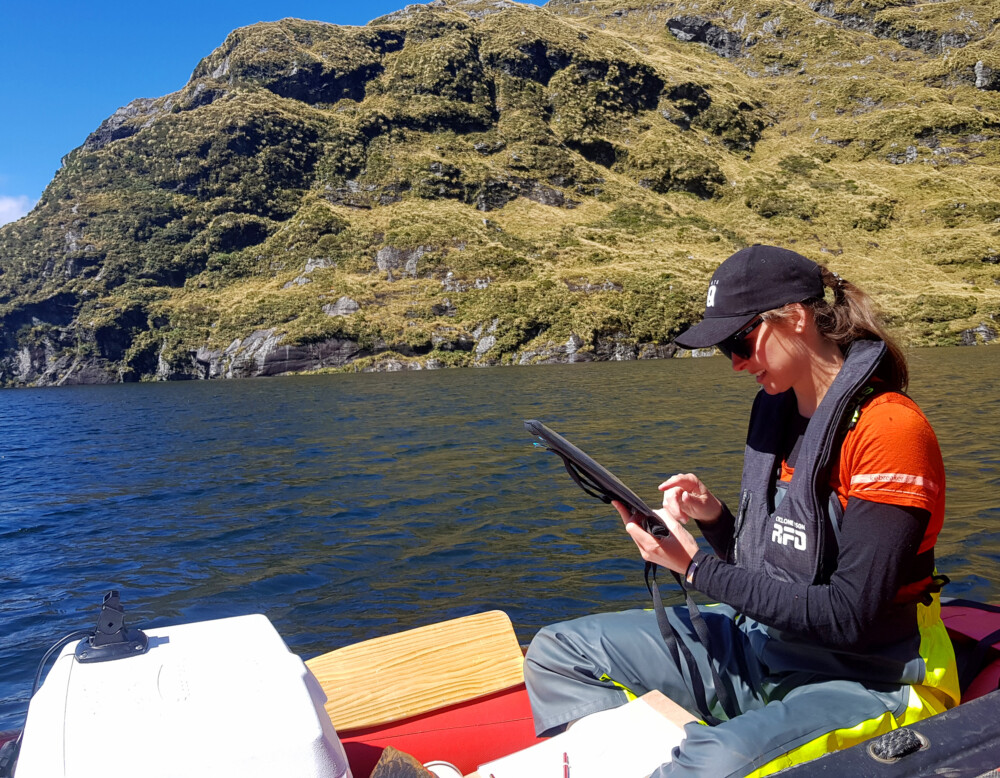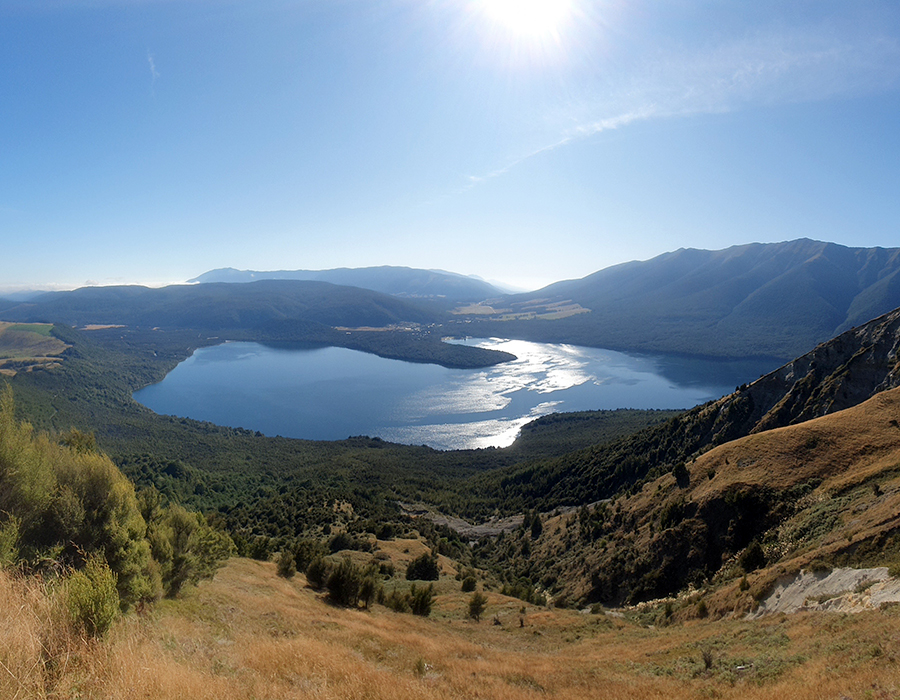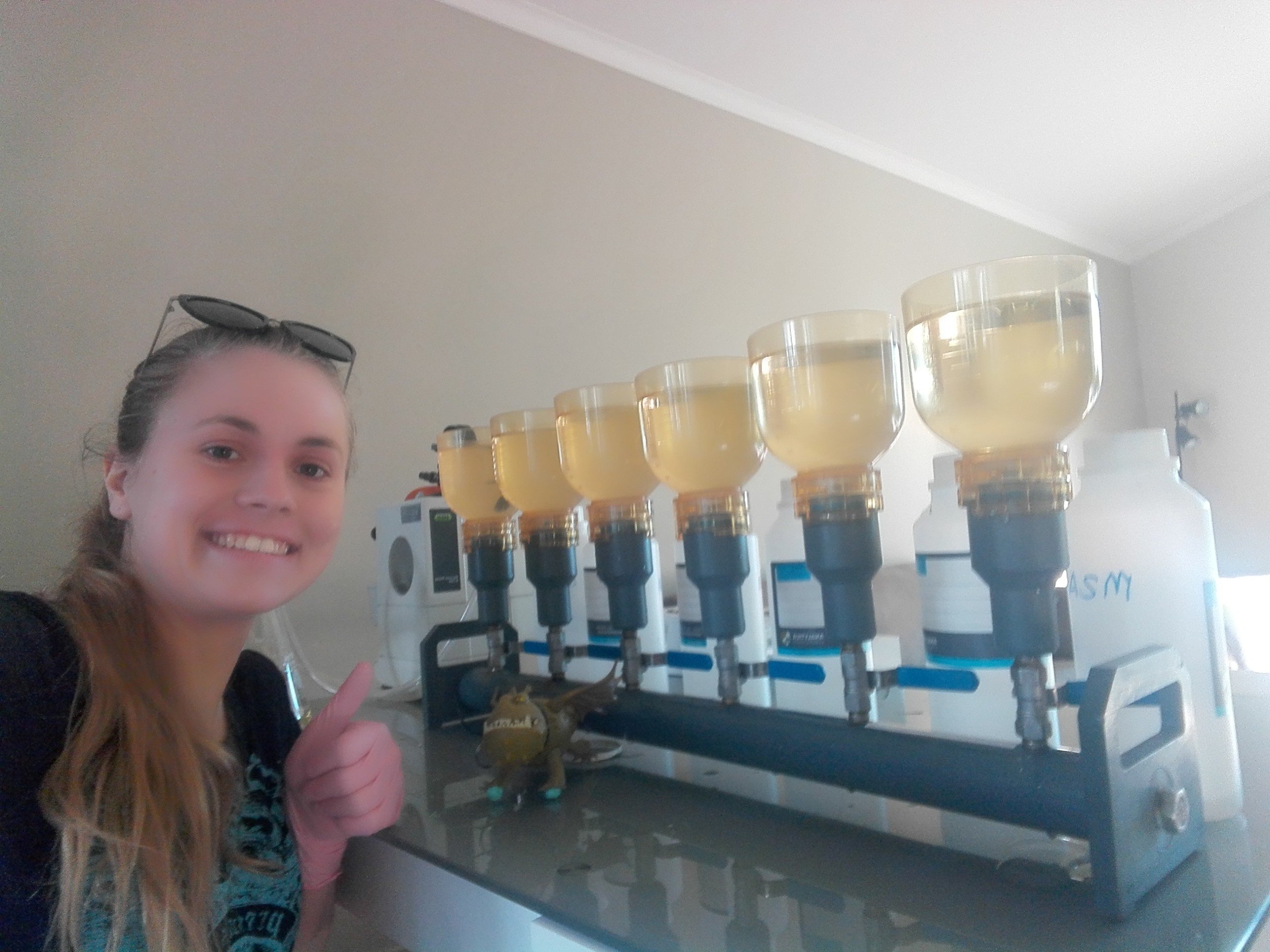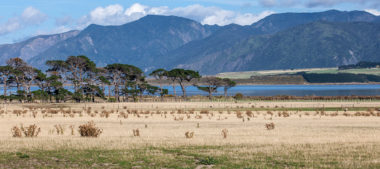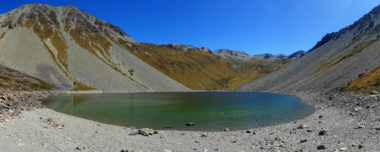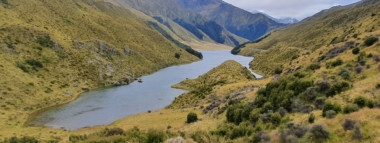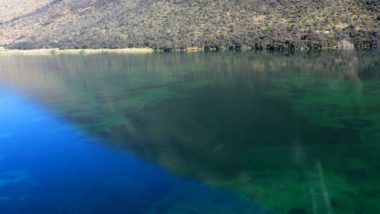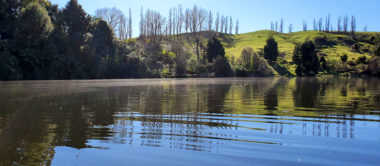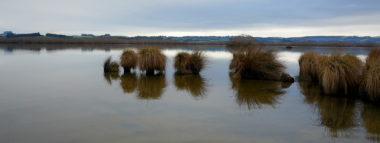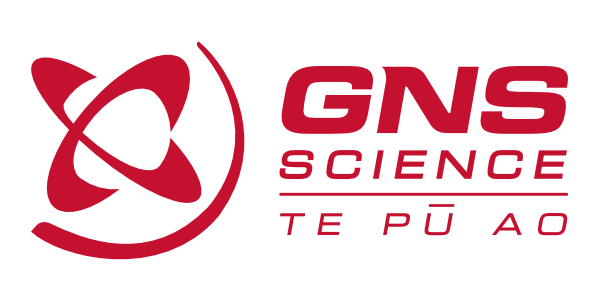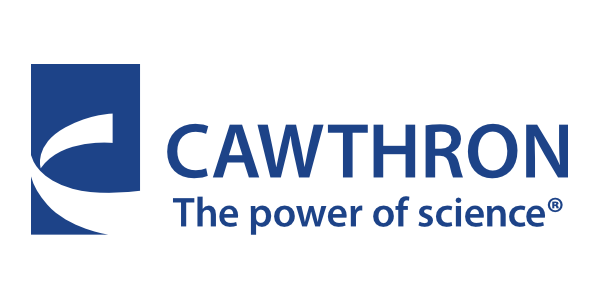Led by PhD student Katie Brasell the study Lake microbial communities are not resistant or resilient to repeated large-scale natural pulse disturbances just published in the journal Molecular Ecology explores how lake bacteria recover following a series of four magnitude 8 earthquakes over a 1000-year period. The study focuses on Lake Paringa on the West Coast. The research found that during the 50 years after each earthquake, when the lake sediment cause by landslides in the surrounding landscapes entered the lake, the bacteria community changed, but thereafter returned to same composition as pre-earthquake. However, the fourth earthquake in 1717, caused a much greater amount of sediment to enter the lake, and this caused a complete shift in the bacteria community – what scientists call a ‘regime shift.’ The bacterial community has never return to the pre-earthquake structure.
Loading...
